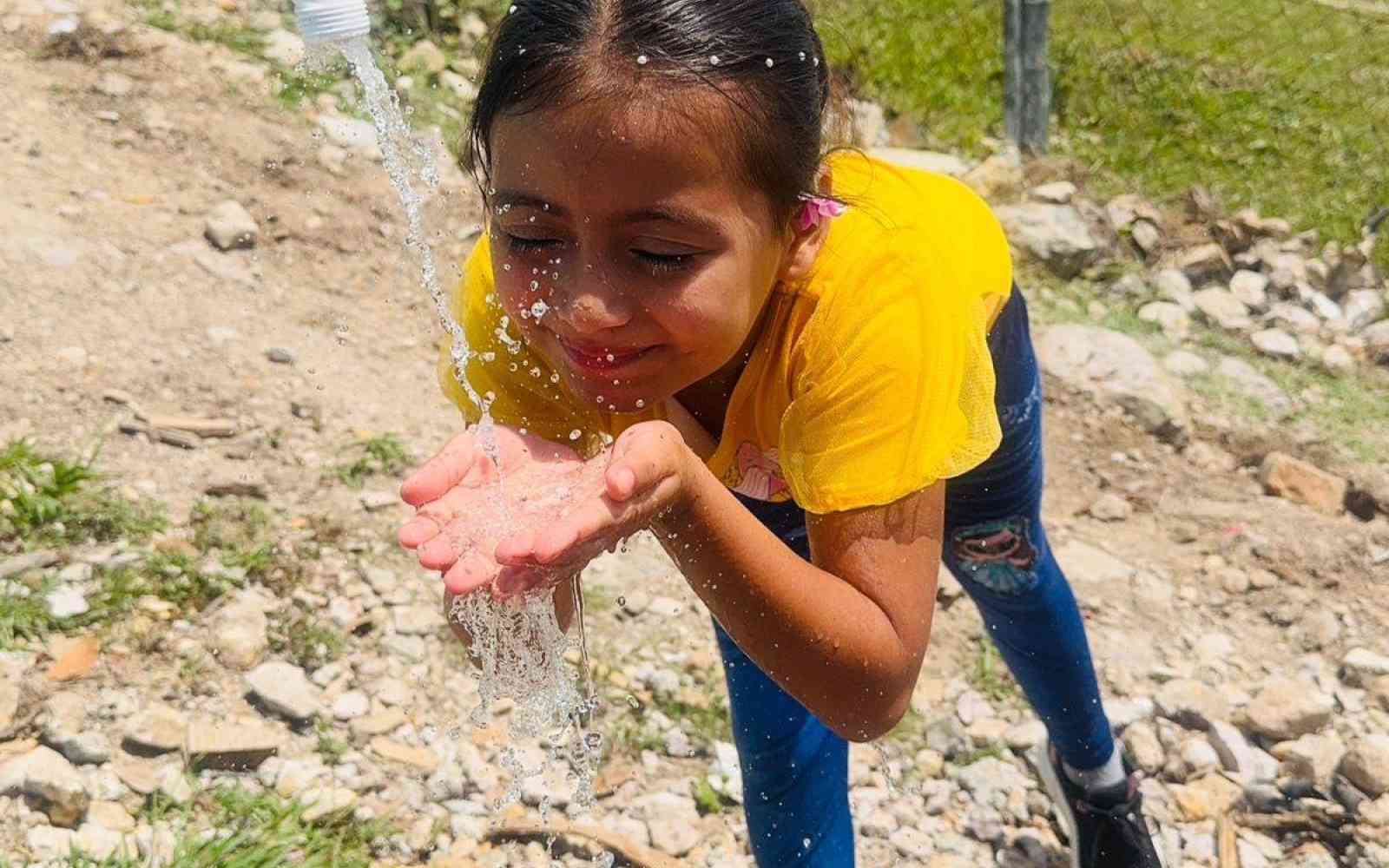The United Nations Office for Project Services (UNOPS)
How community-led and behaviour focused programming became central to improving sanitation standards

In Nepal, the Water Supply and Sanitation Collaborative Council works tirelessly to bring safe hygiene practices to even the most remote 170 communities.
Some 2.4 billion people lack access to sanitation and nearly one billion practice open defecation. Diarrheal disease, largely caused by lack of access to proper sanitation and hygiene, is a leading cause of malnutrition, stunting and child mortality. It claims nearly 600,000 lives of children under the age of five every year. Inadequate facilities also negatively affect education and economic productivity, affecting the dignity and personal safety of women and girls.
Since 2009, UNOPS has hosted the Water Supply and Sanitation Collaborative Council (WSSCC). WSSCC supports many initiatives, including global training-of-trainers programmes to support local understanding of menstrual hygiene. It also supports research, advocacy and coordination related to sanitation improvements for the world’s most vulnerable communities.
One major element of WSSCC work includes management of the Global Sanitation Fund (GSF) – the world’s first and only fund dedicated to improving sanitation and hygiene. Too often, national sanitation programmes fail because they exist in a silo within one ministry or organization, disconnected from those most impacted by the initiatives. However, the GSF has identified that to address inadequate access to sanitation and hygiene, a collective approach founded on community-engagement is the most effective.
Community-Led Total Sanitation (CLTS) focuses on behaviour change within communities. The GSF uses this methodology to design large-scale and low-cost impact programmes, designed for the most vulnerable people in often the most remote communities. The core message of CLTS is that open defecation leads to unknowingly eating your own and other people’s faeces. This helps raise the effort to build, use and maintain latrines with handwashing facilitates.
Since its establishment, the GSF has committed over $112 million to programmes in 13 countries where CLTS methodology is at the core of locally owned, sustainable sanitation programming. GSF initially established a programme in Nepal in 2010. Progress in the country was positive, with the programme working within established national sanitation and Open Defecation Free campaigns.
In 2015, Nepal experienced a devastating earthquake, which killed almost 9,000 people and displaced hundreds of thousands. It caused extensive damage, including destroying many of the countries latrines and toilets.
UN-Habitat, the GSF’s executing agency in Nepal, mobilized over 170 volunteers, who in just one week, helped refurbish 100 latrines and reach more than 3,000 people with sanitation and hygiene messaging.
This helped revive local sanitation campaigns and ensured that districts once again had access to sanitation facilities. A volunteer noted that in one village, which had earlier integrated GSF CLTS programming, had in fact not reverted to open defecation post-earthquake, despite the damaged toilets. This is a testament to the impact of behaviour change approaches, where people who recognize the benefits of safe hygiene and sanitation practices refuse to slip back into harmful behaviour.











